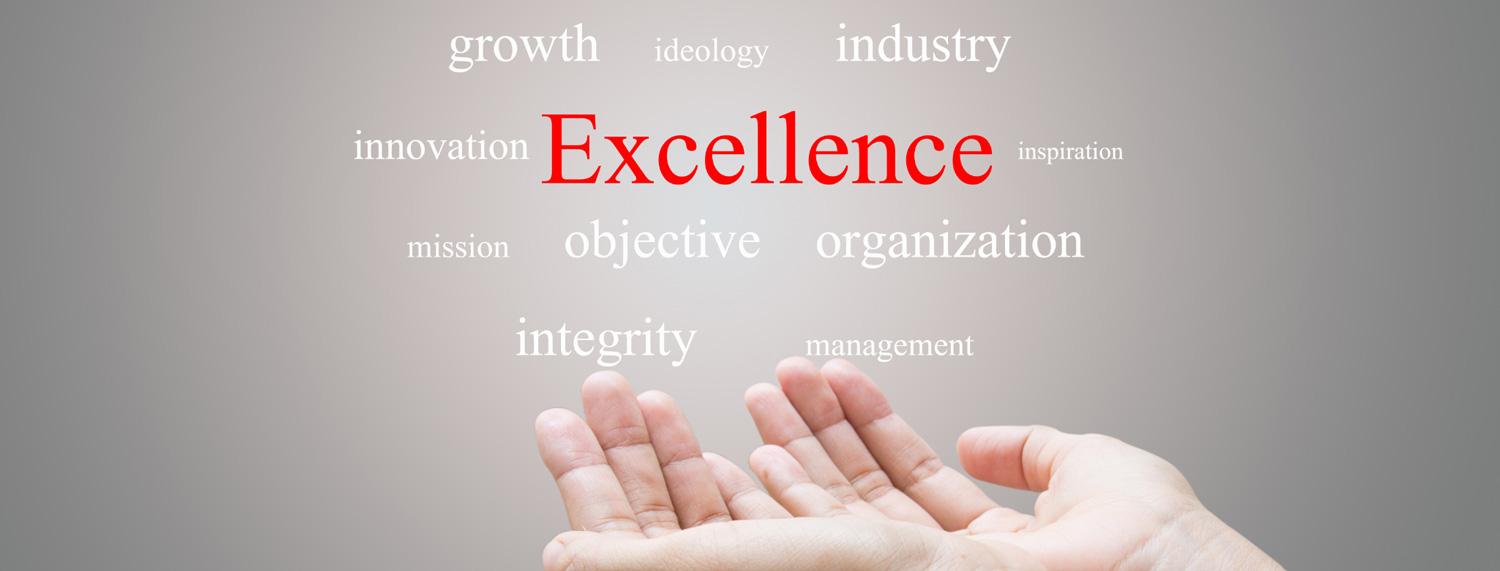With the unprecedented acceleration of technological advancement in the last ten years, there has been a rapid change taking place in the business environment of any working organization, corporation, and company. Yes, an organization’s adaptability and innovation are important now, but I believe the quality of the executives’ jobs is equally important to support companies’ scalability and growth.
Over the past twenty years, I have been privileged to work with large organizations, medium-sized enterprises, and SMEs across a range of different industries. Sometimes I worked with them as an employee, sometimes as a service provider and sometimes as a consultant. This has allowed me to work with top and middle management and executive levels. Through all these projects, I have observed common personality traits and characteristics of ‘excellent executives’.
What is an executive?
An executive’s position is commonly a position-taking part of the administration. It’s within their work scope to oversee the implementation of the decisions of the management taking place in line with the company strategy and vision. The executive is usually responsible for overseeing the day-to-day functioning of the departments.
Common titles of executive roles
An example of titles of executive roles in different departments is Account executive, account handler, project manager, research associate, customer service specialist, project coordinator, executive webinar, administrative officer, executive secretary, operation manager, etc.
So, what traits are common between high-performance executives in all these positions?
1] A sense of urgency:
Whether they have one task at hand or ten tasks ahead, they start every task and every day with a sense of urgency to finish it. You always feel they have something to do next and they need to finish the most important thing they are doing now to move on. They don’t get into long chit chats and they don’t engage in small conversation. They have a faster paced walk and interaction as well.

Photo Taken In India
2] A sense of accountability:
They tend to feel responsible for everything related to their project or task at hand. They have an internal sense of the teammates around them. They detect any slackness or strengths around them and decide when they need to step in.
It is easier for them to find that a certain delay is attributed to them because they know that it’s easier for them to middle and do it by themselves then wait for others to act.
So you find them taking accountability for issues that could be out of their scope because they can change it more quickly and get faster results on the overall project.
Sometimes this can be overwhelming for them but they do it again and again. Their eye constantly on the target motivates them to step in every time.
3] An appreciation of time:
They put high value on their time and the time of everyone working with them. You will notice that the better executives are strict about when they end their working day. Because they know that during the working day they waste the minimum amount of time in office politics, socialization and unnecessary issues. Their daily routine is well planned and optimized to guarantee productivity. Their appreciation of time for their personal life reflects on them valuing their working time.
If they take a day off they know how to enjoy it and if they work during the weekend they know exactly what will be the deliverable.

4] An ability to follow-through
They start to finish and that’s what they do. Interruptions or busy schedules, it doesn’t matter. They do not forget to follow up, and the more tiring or protracted the task is, the more eager they become on getting it done. They have a way of re-energizing and self-motivating themselves to get it through till the end.
5] Determination:
Relentlessness in pursuing their objectives.
They do not look back to rethink their objectives and do not stumble between tasks or suffer from uncertainty. They do not give up easily and their willpower is more enduring than others.
6] Trust in leadership:
Their common practice of thinking through their decisions in the first place makes them choose their managers correctly before adding them to a team. They do not waste energy and time later on to rethink these managers’ individual decisions along the way.

As an executive they know that it is not their job to judge and train their managers, they trust that their managers have thought their issues through and accordingly stay focused on implementation and on getting their work done.
This is why you find them either strong advocates for their managers, or not prone to discussing their managers at all. They are more focused on their main role of getting the projects at hand-delivered.
They know that the moment they fall into arguments about their top management they will lose their energy and passion. When they do they don’t stay.
7] Understanding that one’s actions define him/her more than defining their companies:
They could be loyal or not to where they work, but there is one thing they are loyal to is their name. They work to build up their name. They know that their work efficiency and work quality, their willingness to exert extra efforts or not, is at the end attached to their reputation and not their company’s only. They appreciate having their names are known and stamps to their projects. They appreciate getting the word around about their achievements even more because they know their value. If the company or the organization around them is not functioning well, they never follow the wind. They stay working with their style until their final day at the place. It is personal to them. It’s their name associated with the tasks and projects that they care about.



